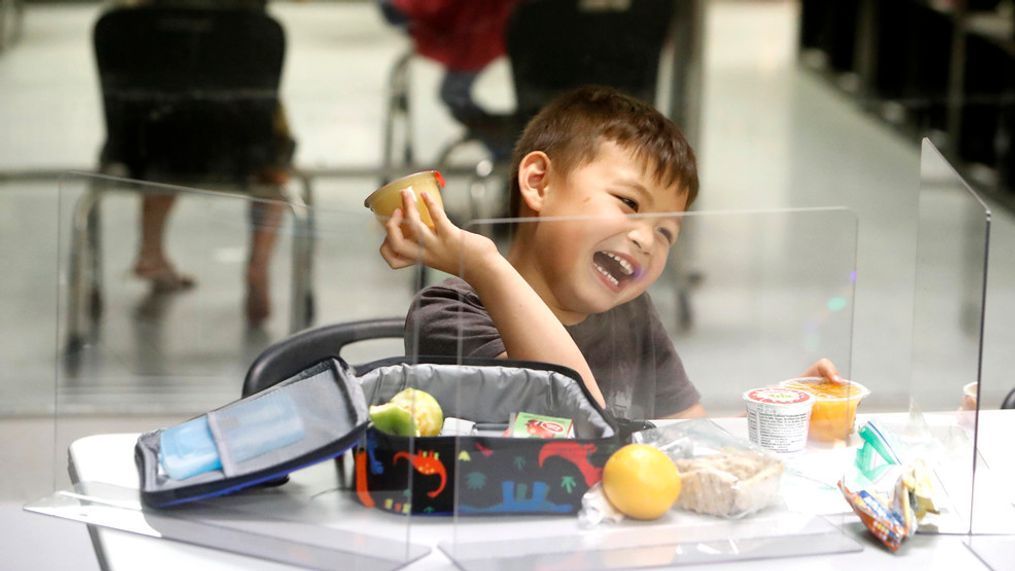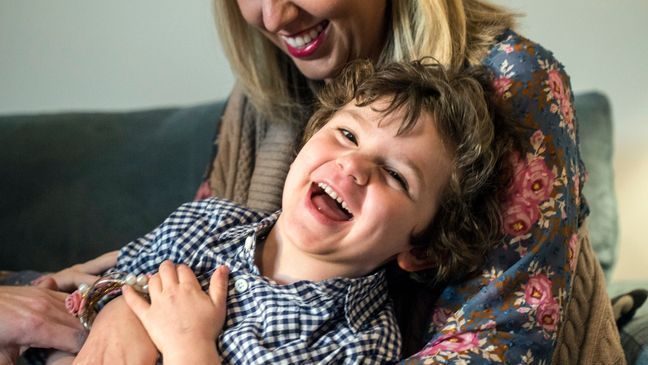'Hi embarrassed, I'm dad': How 'dad jokes' could help kids' development
AARHUS, Denmark (TND) — “What do you call someone who refuses to fart in public? A private tutor!” “How do you get a farm girl to date you? A tractor!”
Yes, you have likely heard dozens of jokes like these if you had a father – or someone who was a father in your life – and these so-called “dad jokes” are a never-ending well of ‘cringe’ and embarrassment for kids throughout the generations.
Merriam Webster defines this type of humor as “a wholesome joke of the type said to be told by fathers with a punchline that is often an obvious or predictable pun or play on words and usually judged to be endearingly corny or unfunny.”
However, as much-maligned and groan-inducing or ‘unfunny’ as they are, a new study argues that dad jokes – really any kind of good-natured, teasing or giving grief to your children – can help children’s emotional development and teach impulse control.
Marc Hye-Knudsen, the manager for the Cognition and Behavior Lab at Denmark’s Aarhus University, argues this exact point in a recent article for the British Psychological Society’s monthly members’ magazine, “The Psychologist.”
The reasoning begins with the way dad’s play and interact with their kids, which is inherently a little more forceful and boundary pushing than a mother’s method. Hye-Knudsen notes, with correlation from fellow researchers, “Dads appear to have a characteristic way of playing and joking with their children. Fathers are typically more vigorous and challenging in their play than mothers, pushing their children to the limits of what they can handle.” This too applies to the humor dads use with their kids.
The benefit is that the push dads give their children ends up being an important lesson in responding to teasing and embarrassment out in the world, outside the controlled environment of the family setting. “By continually pushing and challenging their children, fathers’ style of rough-and-tumble play supports their children’s physical and cognitive development in important ways while teaching them to regulate their behaviors and emotions.”
Ultimately, and ideally, Hye-Knudsen argues, “Fathers’ rougher style of joking fulfils a similar function: by teasingly striking at their children’s egos and emotions without teetering over into bullying, fathers build their children’s resilience and train them to withstand minor attacks and bouts of negative emotion without getting worked up or acting out, teaching them impulse control and emotional regulation.”
Credit to the Reddit community r/Dadjokes, whose Tuesday posts provided the opening jokes.


